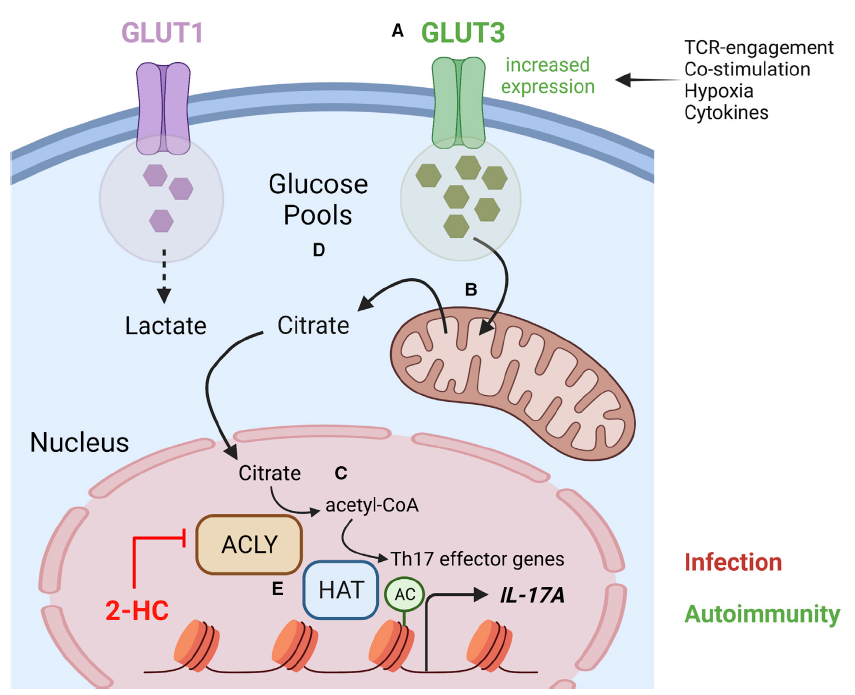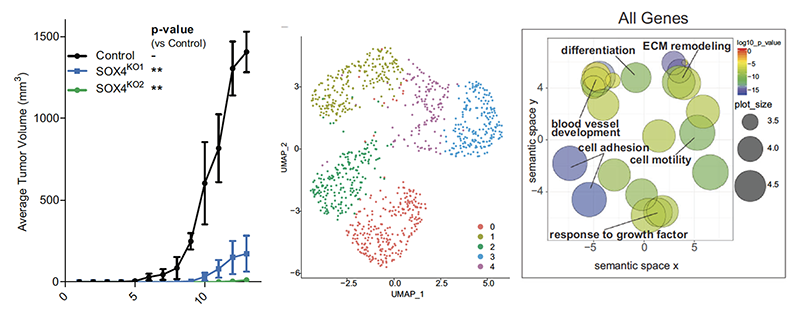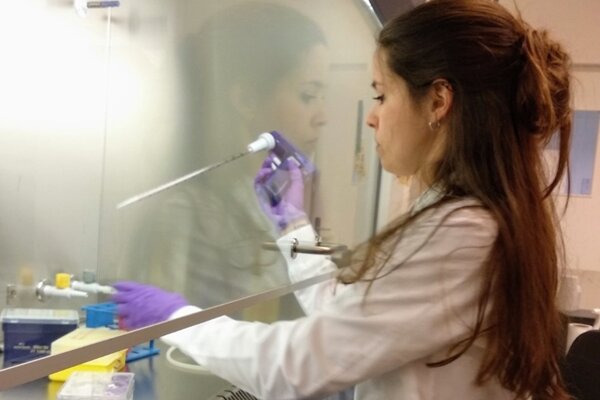A real pleasure to write an opinion piece for Cell Metabolism on the Vaeth Lab’s interesting study investigating novel mechanisms underlying metabolic control of transcription in lymphocytes. Here, Hochrein et al. identify a metabolic checkpoint controlling the transcriptional programming of effector CD4+ T cells. The authors show that GLUT3-mediated glucose import and ACLY-dependent acetyl-CoA generation control histone acetylation and, hence, the epigenetic imprinting of effector gene expression in differentiated effector CD4+ T cells. These findings suggest a novel therapeutic target for inflammation-associated diseases. Links to the papers are below.
Presenting @ EMBO Cancer Immunometabolism Meeting
Happy to be able to present our latest data on metabolism and autophagy in T cell activation and tolerance at the EMBO Cancer Immunometabolism meeting. https://meetings.embo.org/event/21-cancer
Tumor cells undergo metabolic changes to cope with the demands of rapid proliferation. But so do immune cells, which reprogram their metabolism when they encounter antigens and inflammatory signals. Drugs targeting cancer metabolism, as well as diets, could therefore also affect the immune system. Yet, to what extent cancer and immune cells respond in a similar fashion is currently unclear.
The immune system comprises specialized cell populations conditioned to respond rapidly to antigenic and inflammatory signals. Upon encountering antigen, the fate of CD4+ T helper cells is determined by multiple of signals they encounter which helps to shape the immune response. In addition to recognition of cognate antigen by the T cell receptor (TCR), CD4+ T cells integrate a myriad of additional cues, including signaling through costimulatory and coinhibitory receptors, interaction with other cell types, cytokines, or the type and availability of nutrients. Integration of these signals results in the induction of epigenetic and transcriptional programs driving proliferation, survival, and differentiation to T-effector cell subtypes. Changes in the activation status of CD4+ T lymphocytes not only require energy, but also increased demand for metabolic precursors for the biosynthesis of proteins, nucleic acids, and lipids. In the last decade, it has become clear that both autophagy and intracellular metabolism are essential for immune homeostasis. Productive TCR-engagement results in the induction of an unusual form of autophagy that is an absolute requirement for T cell activation. Failure to engage the autophagy machinery instead results in the induction of anergy, a hyporesponsive state. This is concomitant with a reduction in both activation-induced glycolysis and mitochondrial respiration. While it is clear that a glycolytic switch is also essential for productive T cell activation, the precise function of this remains unclear. We focus on how these processes impinge on the regulation of epigenetic and transcriptional changes required for CD4+ T cell activation and differentiation. Targeting the autophagy machinery and metabolism in the context of T cell activation may represent an effective approach to balance tolerance in immune cells.
Regulation of a progenitor gene program by SOX4 is essential for mammary tumor proliferation
Roukens et al Oncogene 2021
An underlying aspect of cellular plasticity in tumorigenesis is the re-activation of developmental pathways by tumor cells. Perhaps the best characterized is epithelial-to-mesenchymal-transition (EMT) where epithelial cells lose their tight junctions and gain migratory and invasive properties. EMT has been suggested to be of major importance for the metastatic cascade by facilitating detachment from the primary tumors and invasion into the surrounding stroma. Cellular plasticity within tumors is further driven by a variety of differentiation states. These states resemble both stem/progenitor cells and the differentiated cell types of the organ where the tumor originated from. Cells with enhanced stem- or progenitor cell abilities exhibit the capacity to fuel the growth of tumors, while terminally differentiated cells within tumors have poor potential to drive tumor growth.
An increasing number of studies attest to an important role for the transcription factor SOX4 in cancer. Our own work has shown that SOX4 protein expression correlates with tumor size, mitotic index and poor prognosis of breast cancer patients. We and others have also shown a role for SOX4 in promoting EMT. However, until now the role of SOX4 in breast cancer has been studied in cell lines consisting of untransformed epithelial cells or in basal/mesenchymal-like tumor cells. Here we have interrogated the role of SOX4 both in vitro using breast tumor organoids and in vivo using a breast cancer mouse model.
In contrast to previous findings, we observed that deletion of SOX4 from tumors does not inhibit EMT in vivo. Instead, we found that SOX4 restrains differentiation by regulating expression of fetal mammary stem cell genes. Furthermore, SOX4 activates a cell-cycle gene expression program that shares gene sets with many progenitor cell types and primes the cells for proliferation in vivo. Consequently, loss of SOX4 leads to a strong impairment of tumor growth. Together, this study uncovers a novel mechanism by which SOX4 regulates a progenitor cell cycle program that is crucial for propagation in breast cancer. Therapeutic manipulation of SOX4 may thus provide a novel approach to interfere with tumor propagating cells.
This work was driven by Dr. Guy Roukens and was part of a great collaboration with Prof. Jacco van Rhenen’s lab. A long and difficult study full of surprises where our initial hypothesis was completely turned on its head. BIG thanks to everyone involved this really was a multi-group, team effort. You can read the full open access publication HERE.
Personal experiences, motivation and dilemmas as a research scientist
PhD Summit was a two-day virtual conference that took place in November 2020. It brought together scientists in academia, biopharma, media, mental health & art to discuss the template behind peak performance & global success. Here a fireside chat discussing personal experiences, motivation, and dilemmas for a career in science. With big thanks to Com Ryan and Sean MacFhearraigh for this great initiative.
https://www.youtube.com/watch?v=uXBv94wFA-0&t=1s
Impact of the corona pandemic on cancer research
“It is absolutely not acceptable for cancer patients to become collateral damage from this crisis” Helen Rippon (CEO, Worldwide Cancer Research)
The SARS-CoV2 pandemic has had a wide ranging impact on all areas of our lives. Lab-based scientific research has taken a big hit in most countries, and this has affected most projects extremely negatively. STV recently ran an item interviewing cancer research scientists from three different countries to discuss their experiences. Not only has the lockdown halted research progress, the funding of cancer research has already been hard hit.
Click on photo to watch the video and look out for appearances by some familiar faces.
In coronavirus chaos – all is not lost
PhD student Sonia Aristin is working to understand the the tumor-immune niche in colorectal cancer and how tumors can repress immune responses. She has been lucky to able to perform some limited lab work during the current corona-lockdown. Sonia’s research is funded by Worldwide Cancer Research. They recently interviewed her to learn a little more of her experience as a cancer researcher in these challenging times. Read the interview by clicking the link below.
C/EBPα: a novel epithelial gatekeeper preventing EMT and metastasis
Extracellular signals such as TGF-β can induce epithelial-to-mesenchymal transition (EMT) in cancers of epithelial origin, promoting molecular and phenotypical changes resulting in prometastatic characteristics. We identified C/EBPα as one of the most TGF-β-mediated downregulated transcription factors in human mammary epithelial cells. C/EBPα expression prevents TGF-β-driven EMT by inhibiting expression of known EMT factors. Depletion of C/EBPα is sufficient to induce mesenchymal-like morphology and molecular features, while cells that had undergone TGF-β-induced EMT reverted to an epithelial-like state upon C/EBPα re-expression. In vivo, mice injected with C/EBPα-expressing breast tumor organoids display a dramatic reduction of metastatic lesions. Collectively, our results show that C/EBPα is required for maintaining epithelial homeostasis by repressing the expression of key mesenchymal markers, thereby preventing EMT-mediated tumorigenesis. These data suggest that C/EBPα is a master epithelial “gatekeeper” whose expression is required to prevent unwarranted mesenchymal transition, supporting an important role for EMT in mediating breast cancer metastasis.
This work is a collaborative effort between our group and Jacco van Rheenen (Netherlands Cancer Institute). Part of a long-term research line aimed to understand the molecular pathways underlying tumour metastasis. You can read more about this work here in Nature Communications.
This work was supported by funding from the FCT and Dutch Cancer Society
Welcome new PhD student Ed Corrigan
Ed Corrigan graduated from University of Maastricht before completing a Masters in Cancer, Stem Cells & Developmental Biology from Utrecht University. He has recently joined the Coffer Lab to work on a project focusing on understanding the biology and function of CD4+ effector T (Teff) cells in Juvenile Idiopathic Arthritis.
Juvenile idiopathic arthritis (JIA) is a chronic autoimmune disease affecting up to 1/1000 children in Western countries. Like many autoimmune diseases, it is caused by a loss of tolerance whereby inappropriately active T lymphocytes (T cells) in the joint help to generate a perpetuating inflammatory environment. One critical control mechanism that ensures that peripheral T cells avoid inappropriate activation is the induction of anergy. Anergy is defined as a state of unresponsiveness induced by suboptimal T cell stimulation from engagement of the T cell receptor (TCR) in the absence of co-stimulation. TCR activation without co-stimulation leads to a hyporesponsive state termed anergy, where cells not proliferate or produce cytokines, and are resistant to subsequent stimulation. Recent studies have expanded our understanding of the complex set of inputs that T cells integrate to determine their fate and engage in effector functions or become anergic. Interestingly, we have found that T cells isolated from the synovial fluid of JIA patients are resistant to anergy. In collaboration with the Macian Lab (Albert Einstein, NYC) we are the first to show a connection between autophagy and anergy. Whereas T cells that are allowed to induce autophagy become activated and primed to respond to subsequent stimulations, cells where activation-induced autophagy is prevented become anergic and show markedly reduced responses to re-stimulation. Importantly, inhibition of autophagy during T cell activation can lead to an ‘anergy-like’ long-lasting state of hyporesponsiveness.
In this project Ed will be examining the link between resistance to anergy and autophagy in JIA T cells, and evaluating relevance for disease pathogenesis and therapeutic intervention.
This work is supported by a grant from the Dutch Arthritis Foundation.









